
Overview of INFAS
The Inter-institutional Network for Food, Agriculture and Sustainability (INFAS) connects food system scholars, educators, and action-researcher activists across the United States. We collaborate to:
- Catalyze frontier work in food systems research, higher education, extension, and institutional change that we can achieve much better together than by working alone.
- Increase our capacity to help build U.S. food system resilience, sustainability, and equity.
- Raise visibility of research-based insights into food system problems and solutions, including increasing racial equity.
- Diversify who is doing food systems work in academia and in action-focused research, education and extension.
Consider joining us if you do this work and agree with our mission, vision, and equity statement. Membership is free, thanks to a 2010 endowment for this network from the W.K. Kellogg Foundation.
Members become part of the INFAS discussion email list. Members are also eligible to join actions led by the INFAS working groups in research, education, extension and justice; engage with fellowship/mentorship program partnerships; and participate in INFAS professional development and networking opportunities.
You can also explore our current and past activities.
Vision and Mission Governance History Statement on Equity in the Food System
Vision and Mission
INFAS envisions a US food system that is environmentally sustainable and socially just.
Our mission is to facilitate INFAS member collaborations to:
- Increase our capacity to help build U.S. food system resilience, sustainability, and equity.
- Raise visibility of research-based insights into food system problems and solutions.
- Catalyze frontier work in food systems research, higher education, extension, and institutional change that we can achieve much better together than by working alone.
- Diversify who is doing food systems work in academia and in action-focused research, education and extension.
Governance
The Executive Committee governs INFAS. Associated working groups choose and lead INFAS actions. Both are composed of INFAS members. In 2020, we reorganized structure and governance based on this proposal to members.
The current Executive Committee (EC) is composed of a chair and, primarily, leaders of working groups as illustrated in our INFAS governance and working group diagram.
Members of working groups are eligible to be nominated and elected to EC positions. EC members chair each working group. Funds from the W.K. Kellogg Foundation endowment that founded INFAS are invested in working groups, network administration, and special projects.
Our current Executive Committee includes:
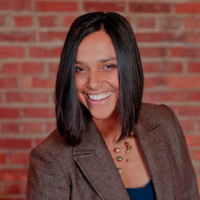
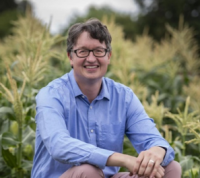

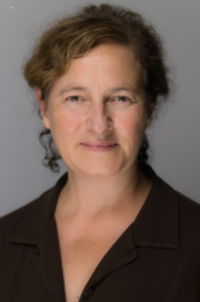
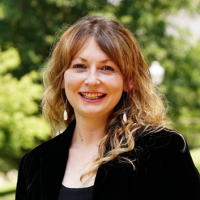

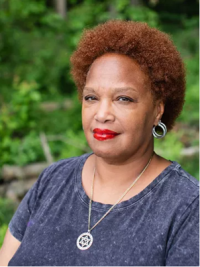
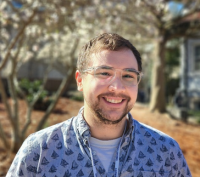
INFAS Governance and Working Group Structure
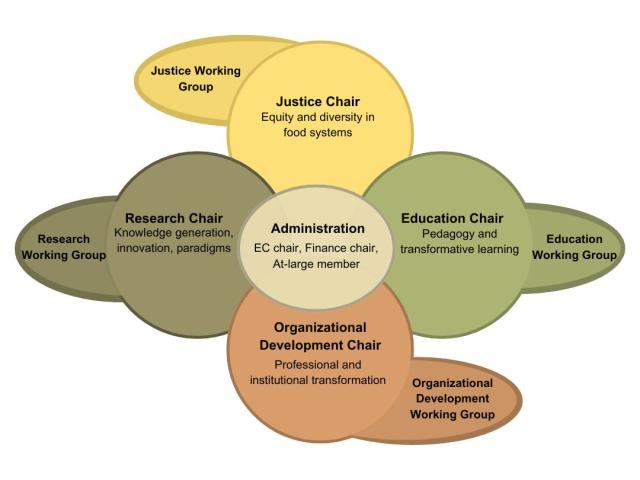
History
INFAS was established in 2010 with an $1.5 million endowment from the W.K. Kellogg Foundation “to respond to emerging needs and opportunities to reduce human and environmental vulnerability across the food system.” The Agricultural Sustainability Institute (ASI) at University of California at Davis volunteered to host the network in perpetuity.
Proceeds from the endowment fund the network. The annual budget usually ranges from $65,000 to $80,000 (see annual reports). Original network members included professors who held WK Kellogg and other food system related endowed chair positions at universities across the US. UC Davis Kellogg chair and professor Tom Tomich was director of ASI and led the network’s founding and formation, including an Executive Committee (EC) composed of INFAS members.
In 2012, the EC decided to invest most of the annual network funds in supporting a network coordinator position. Dr. Joanna Friesner held that position at UC Davis from 2012 to early 2020. She facilitated and sometimes led INFAS and the EC through most of our actions and products in that period.
The year of 2020 brought radical change and crises to the fore in the US, including a pandemic, climate change-induced extreme flooding and fires, and wide-spread protests against police brutality and for racial justice. It also saw radical changes at the Agriculture Sustainability Institute (ASI) at UC Davis, which hosts INFAS. This included both Dr. Tomich and Dr. Friesner leaving ASI (but not leaving INFAS). The EC then reorganized INFAS governance into the working group-led structure described above.
- Lauren Gwin, Oregon State University, 2019 - 2024.
- Christine Porter, University of Wyoming, 2016 -2023 (Chair: 2019-2023)
- Julie Grossman, University of Minnesota, 2018 - 2023
- Damian Parr, University of California Santa Cruz, 2018 - 2023
- Michelle Wander, University of Illinois - 2019 - 2022
- Tom Tomich, University of California, Davis, INFAS host
- Marcy Ostrom, Washington State University. Committee term: 2016 - 2019
- Paul Thompson, Michigan State University. Committee term: 2016 - 2019
- Nancy Creamer, North Carolina State University. Committee term: 2014 - 2018 (Chair: 2016-Jan. 2019)
- Tom Kelly, University of New Hampshire. Committee term: 2014-2018 (Chair: 2015-2016)
- Shorlette Ammons, North Carolina State University, Center for Environmental Farming Systems. Committee term: 2016 - 2018
- Molly Anderson, Middlebury College of the Atlantic. Committee term: 2012 - 2016 (Chair: 2014-2015)
- Patricia Allen, Marylhurst University. Committee term: 2012 - 2016 (Chair: 2013-2014)
- Bruce Milne, University of New Mexico. Committee term: 2012 - 2015 (Chair: 2012-2013)
- John O'Sullivan, NC A&T State University. Committee term: 2012 - 2015
- Casey Hoy, The Ohio State University. Committee term: 2012 - 2014
- Helene Murray, University of Minnesota. Committee term: 2012 - 2014
INFAS statement on Equity in the Food System
During the Network's annual gathering (2013) we decided to engage in a design process to deliberately interrogate the Network’s values and its priorities for action and engagement in order to build the foundation necessary for collective impact on the food system. Our statements ('Vision' and ‘Equity in the Food System') were drafted by the INFAS design team after more than a year of reflection and discussion to underpin the Network’s mission and objectives moving forward. The Statements were finalized in September 2014 after the Design Team engaged in discussions with network members in person (including during the 2014 INFAS annual meeting) and also by email. Based on feedback the Design Team received, they developed a 'preamble' to provide a more encompassing framing to the vision and racial equity statements. Network members were invited to 'sign-on' as supporters of the statements and INFAS participation guidelines were subsequently revised to include commitment to the INFAS mission, vision, preamble, and statement on food system equity, during the annual INFAS meeting in summer 2015.
Read more about the process, along with the full text of the statement.